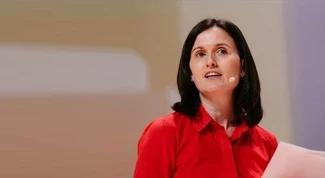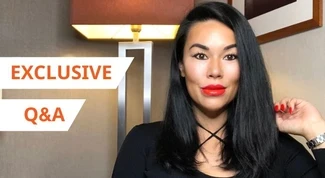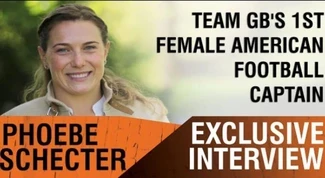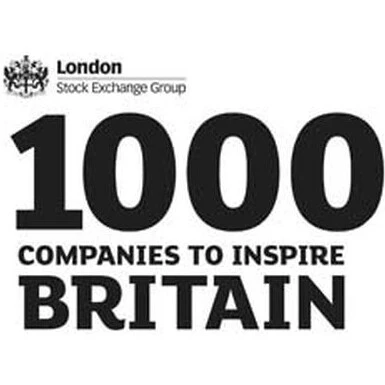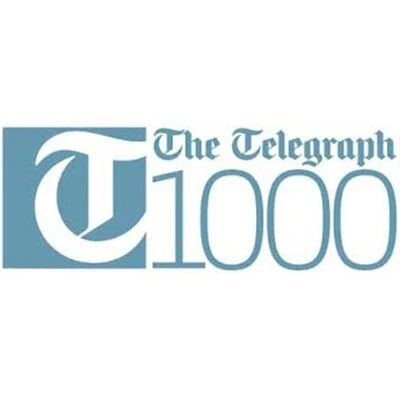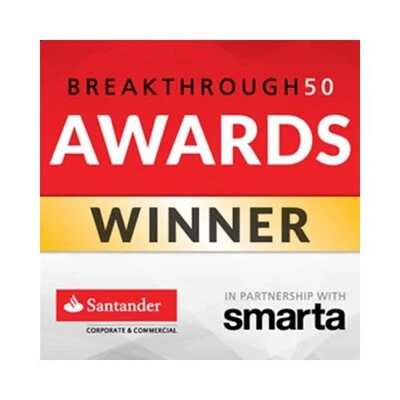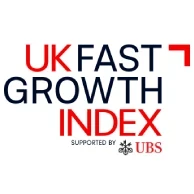Christopher Meyer is a former diplomat who rose to prominence as the Ambassador to both the United States and Germany. Considering Christopher’s extensive experience in international politics, he is regularly called upon to share his insight via interviews and speaking engagements, where he supplies leading predictions for trade deals and political events.
We spoke exclusively to Christopher to get his thoughts on Donald Trump’s state visit, and UK/US relations. From global trade deals and Brexit negotiations, to Donald Trump's polarising opinions, Christopher revealed the inner workings of international relations.
Read our tell-all interview, to discover where UK trade discussions could take us next.
Q: What is your impression of Donald Trump?
"Some of this [Donald Trump's antics] may be theatre, some of this may be reality. He cherishes, he nurtures his reputation as a disruptor, and for being unpredictable. He thinks that that has served him well in business and will serve him well in politics both international and national.”
"He was alleged to have had a disagreement with his national security advisor John Bolton over Korea. Was it a bit of a good cop, bad cop? But he doesn't like to appear to be shackled by his advisors so there will be times when he cuts loose, does things that they advise him not to. But quite often having done all that, he then comes back and sticks to the straight and narrow.”
"He's a difficult man to read. Personally, I would not like to be advising him because his unpredictability would be very difficult to handle.”
Q: Why did Donald Trump visit the UK?
“A state visit is not at the government's invitation, it's at the Queen's invitation.”
“[It] is a ceremonial and symbolic visit where the Queen hosts the President, and the government takes second place. Or you could say the government actually takes third place. The Queen, then you have the 75th Anniversary of the D-Day landing; talks with the government come third.”
“And that is why the agenda with Theresa May and her Cabinet was so thin because they were all laying ducks. Some would even say dead ducks, depending on your point of view.”
Q: How did people react to Donald Trump’s state visit?
“One of the things that struck me most forcefully, was that, in advance of Trump's arrival, there was a feeling that this couldn't come at a worse time because we essentially don't have a British government, and the Prime Minister would be gone, within three days of his leaving. [There was a feeling that it would be] an exercise in massive damage limitation, but it wasn't, it was much better than that.”
Q: How did Donald Trump behave during his state visit?
“Trump, I think was, by his standards, absolutely on his best behaviour. I don't think he embarrassed the Queen or the royal family. He could not resist getting involved in Brexit politics and in Tory leadership politics. He gave a couple of interviews before he arrived which I think probably crossed a line that he shouldn't have crossed.”
“But in the end, it didn't seem to matter much. And he didn't seem phased by the demonstrations, of which he saw very, very little. It was quite a successful visit and the Trump family went home feeling warm towards the UK, which I think is for the good.”
Q: What is the state of international relations in 2016?
“They are marked by instability, a disruption if you like, of the traditional rules-based order which was put in place largely by the United States, but also by its allies, notably the UK after the Second World War. I wouldn't say, if you look around the globe today, compared with a year ago, that things have improved. I think the sources of instability may be worse. I don't think the relationship with Russia has improved at all.”
“I think I would say that countries like the United States and the United Kingdom, and indeed the whole of the European Union need to make up their minds as to whether they see China as a partner or as an adversary, or as a mixture of the two things.”
“If you take Donald Trump, for example, he seems to want to get on personally with President Xi. He likes this idea of great leaders being friends with each other, but he has embarked on a pretty fierce trade war with China which is disrupting the entire global economy. There is a lot of disunity and inability to agree on how to deal with countries like China, and indeed with Iran for that matter.”
Q: What can you tell us about a post-Brexit US/UK trade deal?
“Although I was an ambassador in the United States and I'm all for close relations between the UK and the US, I am a little bit wary of this trade deal. Firstly because I don't even know if we'll be able to negotiate it. It depends on what kind of Brexit deal we do. If it is a Brexit deal that involves us staying in the Customs Union, then by international law we cannot sign a trade deal with countries like the United States.”
“Trade already with the United States is absolutely booming. So you have to ask, how much better would a free trade agreement make it?”
“If there is an ideology in Washington, it is a bit like 19th-century power politics where you had spheres of influence and balance of power. I have a feeling, the Americans want to pull us, as they see it, out of the EU sphere of influence and into their own. Whether that's good for us or not I think is an open question.”
